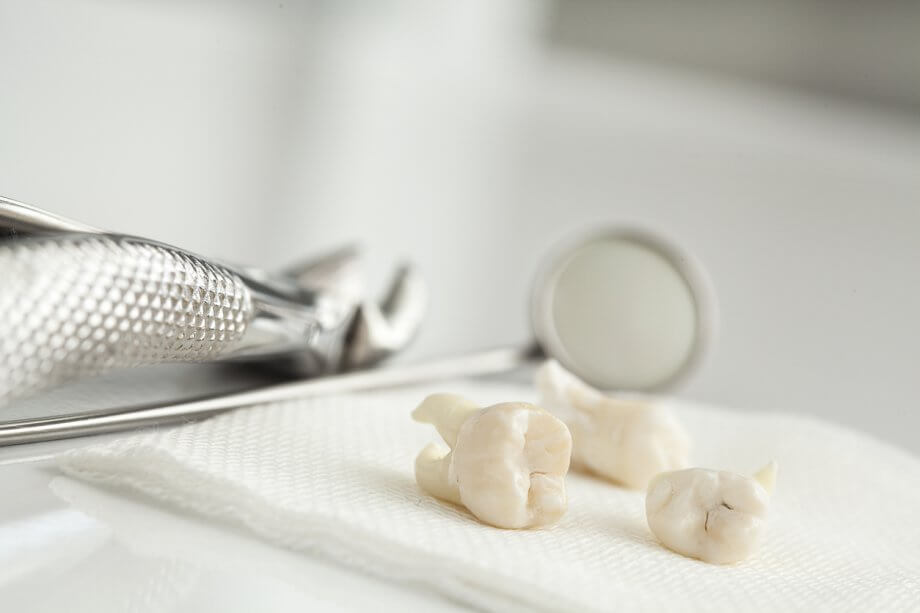Franklin Lakes Living Magazine
Author: Michael A. Costello, DMD - Dually Board Certified Oral and Maxillofacial Surgeon
Third molars, commonly called “wisdom teeth”, are the last set of molars to develop and erupt into the mouth. They generally erupt between the ages of 17 and 24 years old unless there is insufficient space in the jaw bone which causes them to become impacted under the bone, gum or combination of both. Although many impacted wisdom teeth require removal, not all do.
If wisdom teeth have space to completely erupt through the gum and bone into a functional position that can be kept clean, cavity- and disease-free without causing the patient pain, they can be retained and monitored with annual check-ups, professional cleanings and panoramic x-rays to monitor for changes. Take note that if a wisdom tooth is not causing pain, it does not mean it is healthy or disease-free.
The decision to remove wisdom teeth should be based on the evidence available to the clinician gathered through a thorough exam and history related to the wisdom teeth, a panoramic x-ray and, at times, three-dimensional imaging. Contemporary OMS practices utilize evidence-based decision making for justification of procedures performed including removal of wisdom teeth. Generally, by age 17 or 18, a dentist and oral surgeon can predict if a wisdom tooth lacks sufficient space to erupt into a normal position.
Eruption of lower wisdom teeth is usually complete at 20 years of age although eruption can continue until age 24. It is easier to remove wisdom teeth in younger individuals for several important reasons- the bone is softer and the roots have not fully formed hence the risk is lower for adjacent nerve or sinus involvement.
Patients will often ask me, “Do I need my wisdom teeth removed?” The most common reasons wisdom teeth require removal are swelling, pain and/or infection around the gum overlying them, damage to an adjacent tooth, tooth decay, difficulty keeping the area clean and, in some cases, removal of a cyst or tumor associated with a wisdom tooth. Some patients seek surgical intervention because they feel jaw pain, swollen tender or bleeding gums, bad breath or an unpleasant taste in the mouth as a result of an infected wisdom tooth. The current standard of care for those who decide to keep their wisdom teeth includes annual clinical exams by an oral and maxillofacial surgeon and periodic panoramic xrays to assess for changes.
Visit our page on wisdom tooth procedures for more information about this important topic.
Ready to Get Started?
If you suspect you may be suffering from wisdom tooth pain and are looking for a knowledgeable, professional dental expert, Contact Costello Oral Surgery Associates at 201-712-5556 to request an appointment!

